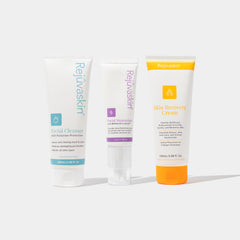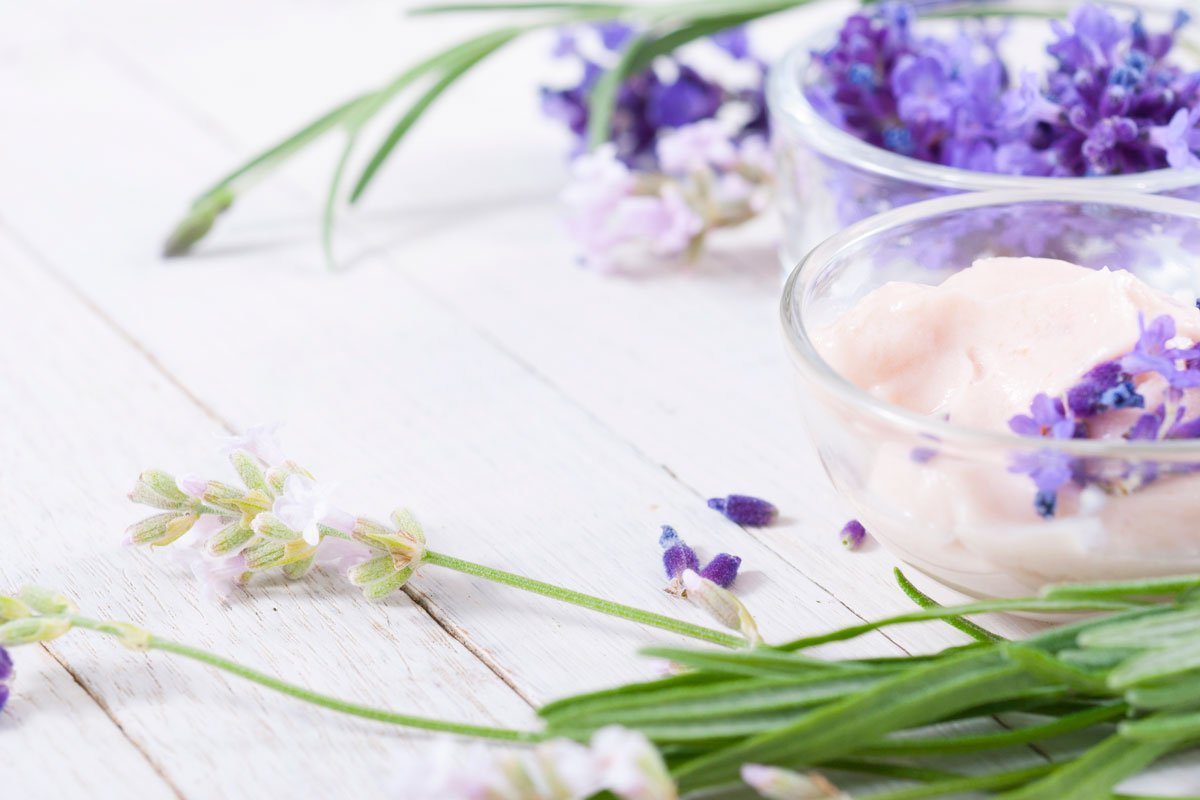What Is Ubiquinone?
Ubiquinone may have a unique name, but it is a common ingredient in skincare products. Also known as Coenzyme Q10 or CoQ10, ubiquinone is an antioxidant that is naturally produced in the body to aid in cell development and functioning. It acts like a vitamin and is fat-soluble. It is found in almost every cell in the body, but is most highly concentrated in organs that require a lot of energy such as the heart, liver, muscles and kidneys.
As the body ages, production of natural ubiquinone decreases. This decrease in CoQ10 production contributes to some of the skin damage associated with aging. Because ubiquinone assists in proper cell function and development, a decrease in it can cause cells in the skin to appear damaged.
Ubiquinone & Skin Care
The good news is that ubiquinone can be applied topically or ingested orally. Both have been shown to positively affect the appearance of your skin! It is a common ingredient in anti-aging skin products and some scar removal creams. Topical application of ubiquinone can supplement the natural decrease in CoQ10 production that comes with age. Below are the different ways adding ubiquinone into your skincare regimen can benefit you and your skin!
Fight the Wrinkles
As a person ages, their skin may become thinner. Wrinkles can form due to sun damage, genetics, medications, and dehydration. Laugh lines and crow's feet are common forms of facial wrinkles. Ubiquinone intake can improve the inner, epidermal layer of the skin and help diminish fine wrinkles around the eyes.
Prevent Photoaging
Photoaging is another term for sun damage, or changes in the skin due to extended UV exposure. Photoaging is a very common cause of many of the skin problems associated with aging. Applying creams or sunscreens that contain ubiquinone before exposure to the sun can help protect the skin from photoaging.
Increase Rejuvenation
As skin gets older, the fibers that keep skin firm, known as collagen and elastin, gradually deteriorate. The deterioration of these fibers leads to sagging skin, a common symptom of aging. The gradual decline in the natural production of coenzyme Q10 that occurs over time may also weaken the effectiveness of these fibers. Ubiquinone supplementation can reduce the breakdown of collagen, and therefore protect from sagging skin and contribute to a more youthful and rejuvenated face.
Extra Protection
There are two types of aging of the skin, intrinsic and extrinsic. Intrinsic aging is the form of aging that is caused by genetics, and extrinsic aging is the result of environmental factors such as smoking, sun exposure, etc. The antioxidant effects of ubiquinone can slow down both types of aging and lead to youthful looking skin.
Where Can I Find Ubiquinone?
Rejûvaskin offers anti-aging products such as our Advanced Firming Cream that contain ubiquinone and a unique, proven blend of effective antioxidants and botanicals to help your skin retain its youthful glow. Some scar creams, such as our own Scar Esthetique, contain ubiquinone and silicone to help reverse cosmetic damage on scar tissue.
Both of these products can easily be worked into a daily skin care routine to help improve aging and scarring. Talk to your doctor if you wish to implement these anti-aging products or scar treatment products to highlight your skin’s natural beauty!





















Leave a comment